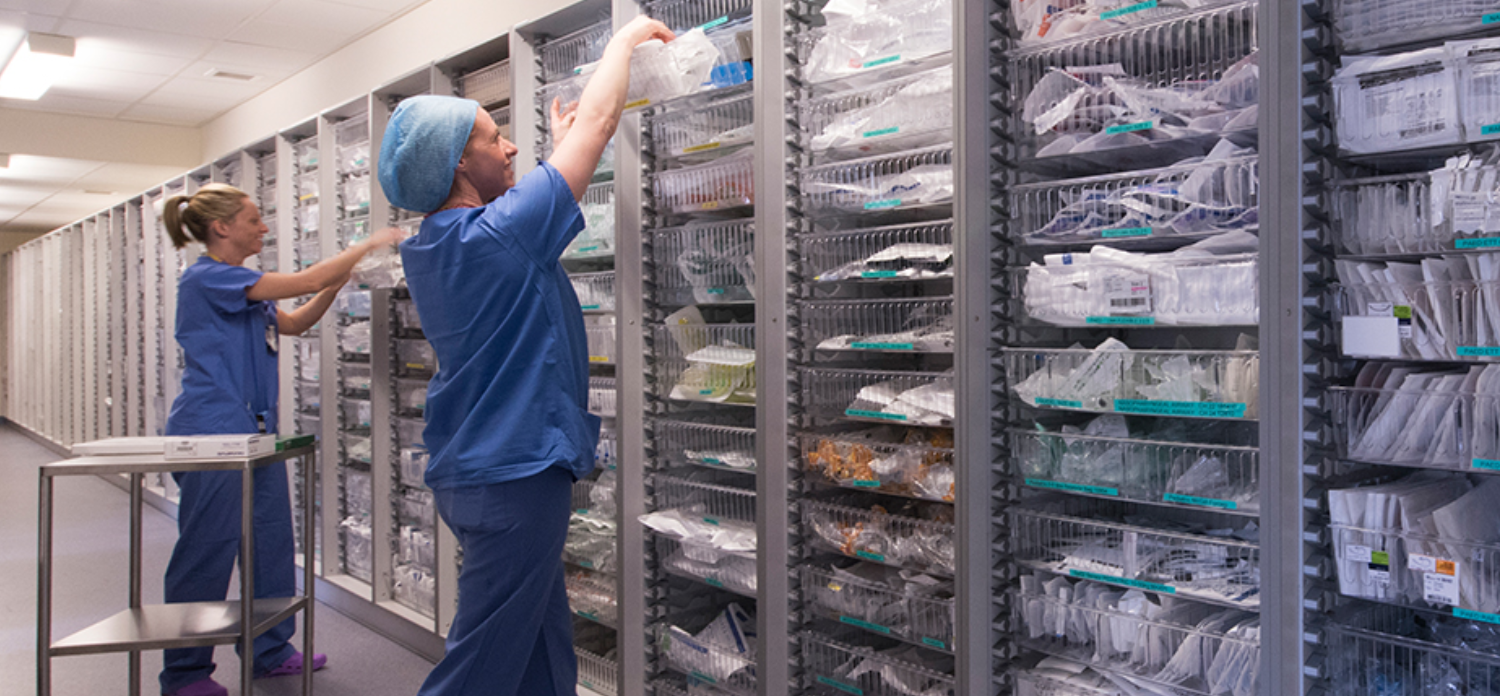Let’s delve into the world of Materials Management Systems (OPD) within the context of Hospital Management Systems (HMS). This system plays a crucial role in ensuring the efficient and effective functioning of hospitals.
Here’s a comprehensive overview :
-
What is Materials Management in Hospitals?
- Materials Management refers to the holistic process of planning, organizing, sourcing, storing, distributing, and controlling the materials needed for hospital operations.
- It involves managing inventory levels, optimizing storage, and ensuring timely availability of supplies throughout the hospital.
- Key components of materials management include:
- Planning : Forecasting material requirements based on patient needs, procedures, and historical data.
- Purchasing : Procuring materials from suppliers while considering quality, cost, and timely delivery.
- Storage and Inventory Control : Efficiently managing stock levels, preventing shortages, and minimizing excess inventory.
- Care and Preservation : Safeguarding materials from damage, deterioration, or spoilage.
- Issue of Materials : Ensuring that the right materials reach the right departments when needed.
- Accounting : Tracking material costs, usage, and financial transactions.
- Disposal of Scrap : Properly handling and disposing of unusable or expired materials.
- The effective functioning of a hospital depends on how well materials are managed and provided to various departments.
-
Challenges and Strategies in Hospital Materials Management :
- Inventory Optimization : Balancing the need for sufficient stock with minimizing excess inventory.
- Supplier Relationships : Coordinating with suppliers for timely deliveries and negotiating favourable terms.
- Quality Assurance : Ensuring that materials meet quality standards.
- Technology Integration : Leveraging software systems (such as Materials Management Information Systems) for automation and data-driven decision-making.
- Emergency Preparedness : Having contingency plans for unexpected material shortages.
- Collaboration : Effective communication between materials management, clinical staff, and administration.
- Cost Control : Managing material costs while maintaining quality patient care.
- Patient Safety : Ensuring that the right materials are available during critical procedures.
- Environmental Sustainability : Proper disposal and recycling of materials.
- Continuous Improvement : Regularly evaluating and optimizing materials management processes.
-
Benefits of Effective Materials Management :
- Cost Savings : Efficient inventory control reduces waste and excess spending.
- Patient Care : Timely availability of supplies enhances patient safety and treatment outcomes.
- Operational Efficiency : Streamlined processes improve hospital workflows.
- Financial Accountability : Accurate tracking of material costs and usage.
- Risk Mitigation : Preparedness for emergencies and unexpected events.
- Sustainability : Responsible handling of materials and waste.
- Collaboration : Coordinated efforts across departments.
- Data-Driven Decision-Making : Using analytics for informed choices.
In summary, a robust Materials Management System ensures that hospitals have the right materials at the right time, contributing to efficient healthcare delivery and patient well-being.
